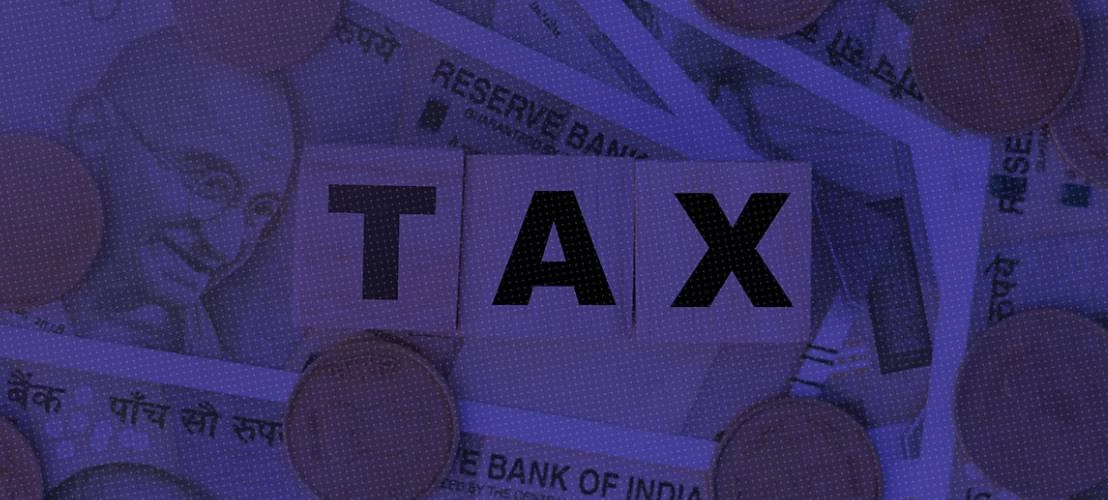In a case involving alleged infringement of Standard Essential Patent (‘SEP’), the Delhi High Court has rejected the request of the plaintiff for constitution of a two-tier Confidentiality Club under Chapter VII Rule 17 of the Original Side Rules.
The plaintiff had suggested that the ‘outer tier’ documents be accessible to the advocates for both sides, experts appointed by them, as well as representatives of both parties, whereas the ‘inner tier’ documents be accessible only to the advocates for both sides (who would not be in-house counsel), and experts appointed by them, and not to the parties, as well as their officials and employees.
The High Court was of the view that the prayer for keeping certain documents and information inaccessible to the defendant and its personnel, and allow access, thereto, only to the advocates and experts nominated by them was completely unacceptable.
It was held that ‘comparable patent license agreements’ for determination of Fair, Reasonable and Non-Discriminatory (‘FRAND’) rate could not be justifiably included in an ‘inner tier’ of confidential documents, to be kept away from the defendant, as well as all its officers and employees, as these necessarily need to be compared.
The Court was of the view that without knowing the identity of the licensee, the particulars of the license agreement, or its covenants, the defendants cannot be expected to make any submission, regarding whether the rate at which such license has been granted is FRAND. It held that confidentiality clause in third-party license agreements, entered into between the plaintiffs and third-party licensees, cannot justify denial of fair opportunity, to the defendants, to meet the case set up by the plaintiffs.
Analysing the Court’s earlier decision in the case of Transformative Learning Solutions, the High Court in Interdigital Technology Corporation & Ors. v. Xiaomi Corporation & Ors. [Judgement dated 16 December 2020] observed that the said decision had not approved the constitution of Confidentiality Clubs, in which one party as well as its officials and employees are kept completely aloof from the documents and material relied upon by the opposite party in the proceedings before the Court.
It held that mere fact that overseas courts have acquiesced to the setting up of such Confidentiality Clubs cannot be of any substantial significance.
The High Court however observed that it did not intend to come in the way of any inter se arrangement, between the plaintiff and the defendant regarding such ‘restricted access, qua any particular documents or information, or even of the constitution of the Confidentiality Club consisting of two tiers, as proposed.







